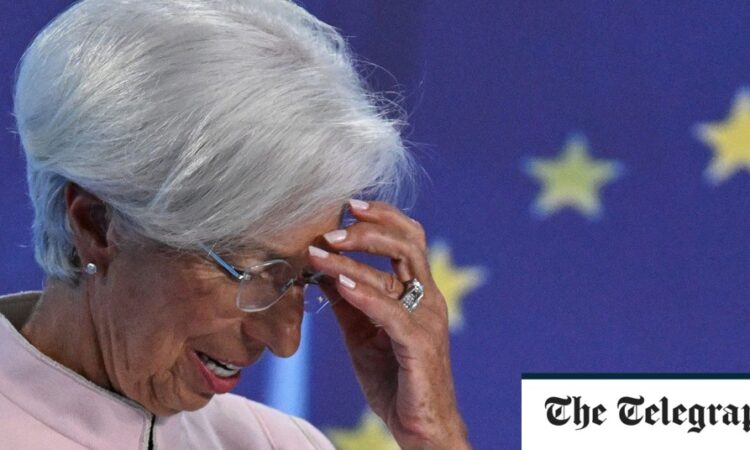
Consider, for instance, the European Carbon Border Adjustment Mechanism (CBAM). It imposes significant trade barriers between the EU and its trading partners. Already introduced but with much more (and worse) to come, the CBAM will apply a tariff to carbon-intensive products. This will result in a decline in trade openness for the EU and any other countries that follow suit.
The Growth Commission has recently modelled the GDP per capita impact of measures that increase or decrease trade openness, competition and property right protection. A reduction of the trade openness of the UK by 15pc leads to a 7.6pc reduction in GDP per capita over a period reflecting how long it takes for the decline in trade openness to go into effect.
CBAM will likely go into effect over five years, meaning it is reasonable to attribute a 1.6pc reduction in GDP per capita year on year for that period.
To put this into perspective, the Growth Commission’s proposed budget for the UK, which included a mix of targeted tax benefits and regulatory reform, generated a 23.8pc GDP per capita increase over a 20-year period – about a 1pc year-on-year increase. If the UK were to follow the EU CBAM, we could see all of those gains wiped out, and still be going into reverse economically.
CBAM is by no means the only way to deal with the problem of climate change or carbon leakage. If the issue is ensuring that UK producers are not damaged by unfair competition from countries that deliberately flout their climate commitments for trade advantage, the Trade and Agriculture Commission has suggested a treatment with which all its members (critically including all the NFU devolved nation bodies) agreed.
The mechanism works by assuming that any country that deliberately flouts its climate commitments is guilty of a market distortion. If that distortion was found to negatively affect competition in a relevant market, the harmed country could tarifficate the distortion. This way, only distorters that actually have market effects are punished and smaller producer countries which do not have such effects are not.
One of the most promising areas for economic development is the digital sector. But this is precisely the sector where the EU’s activities will forestall development.
In particular, the Digital Markets Act and the approach to competition in digital markets threatens to limit innovation. EU competition enforcement is applying a “big is bad” philosophy designed to target the largest tech companies which happen to be all American.
Unfortunately, this policy is being followed by the UK’s CMA and also by the US FTC under Chairman Lina Khan.






